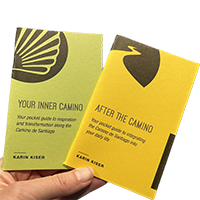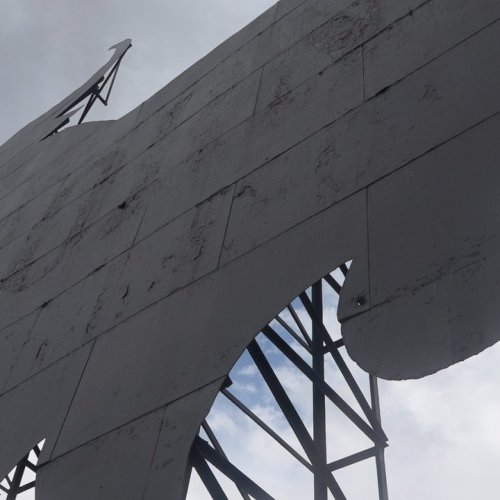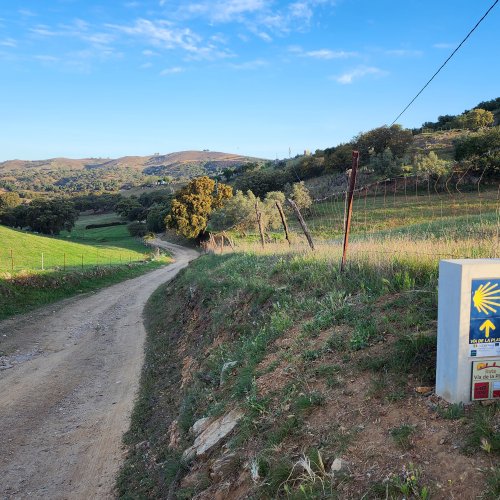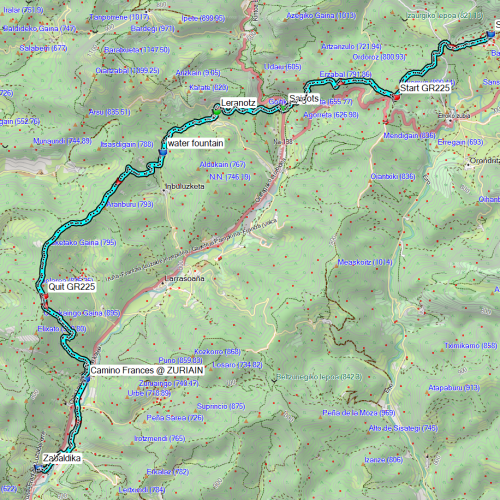PaulineRoozen
New Member
- Time of past OR future Camino
- Haarlem (Netherlands) - Santiago august 2018
I'm going to walk from Brussel-Paris-SJPP. I was wondering if somebody has done this before and want to share the experience with me. I have a list of the etappes, but I have no idea if there is a route with yellow arrows or if I can just walk and see where I end up.
- Can I just go or do I need a guide book? If yes, can you advice me about a good guide book
- Are there albergues in France as well or is it just Spain?
Thank you!
- Can I just go or do I need a guide book? If yes, can you advice me about a good guide book
- Are there albergues in France as well or is it just Spain?
Thank you!













